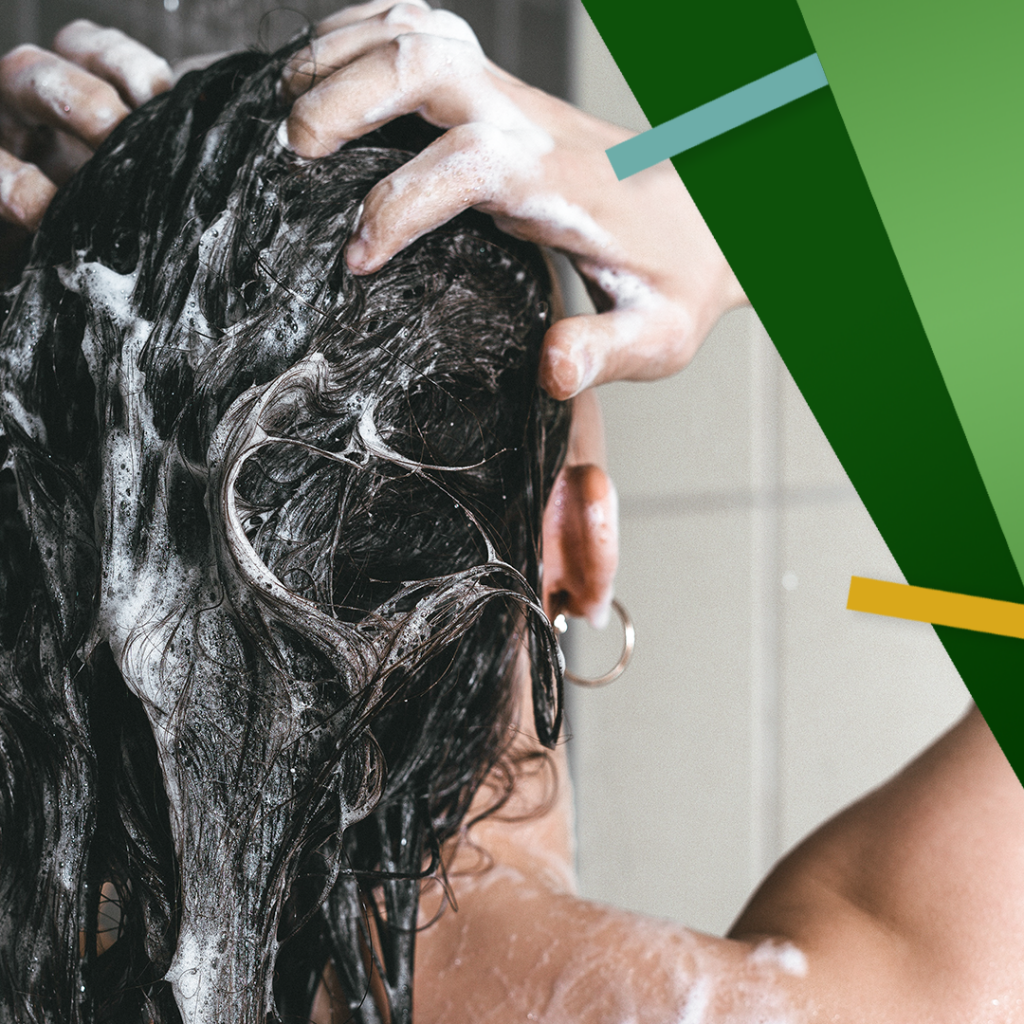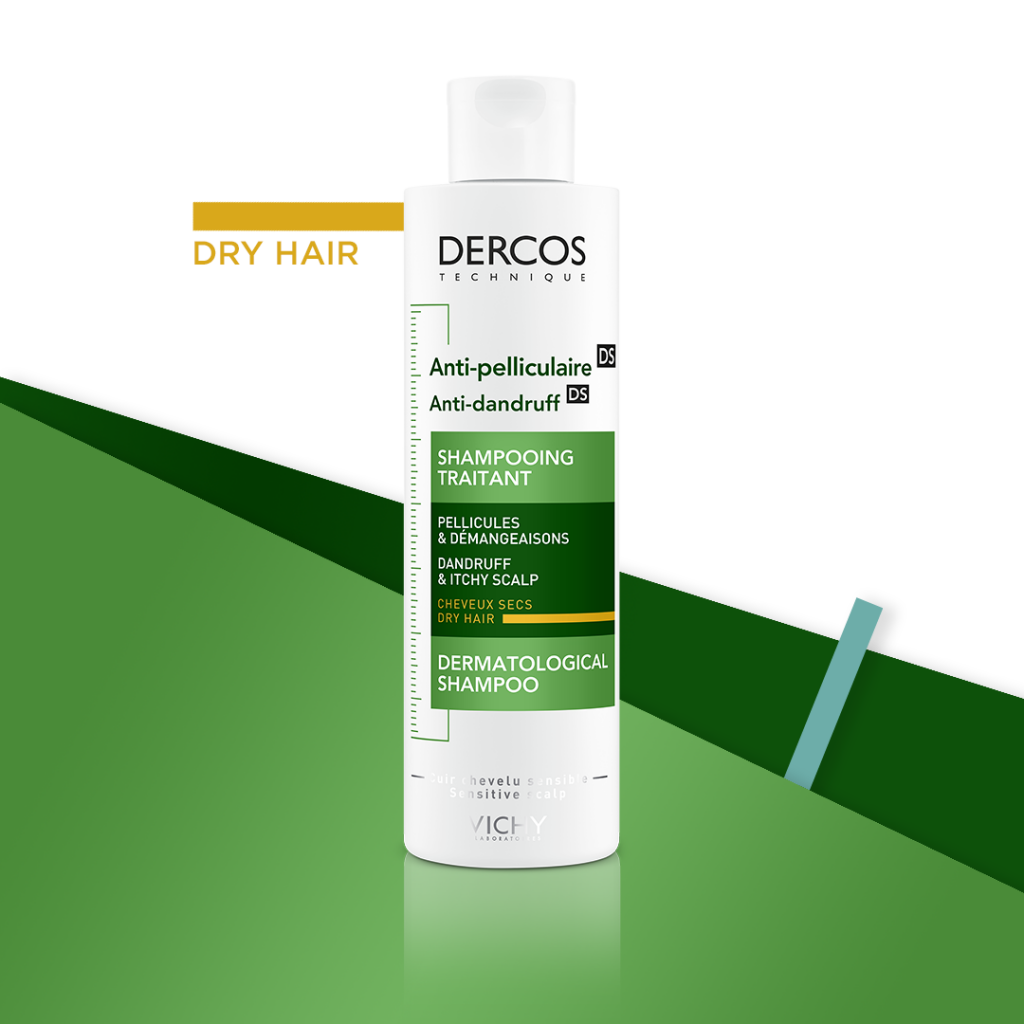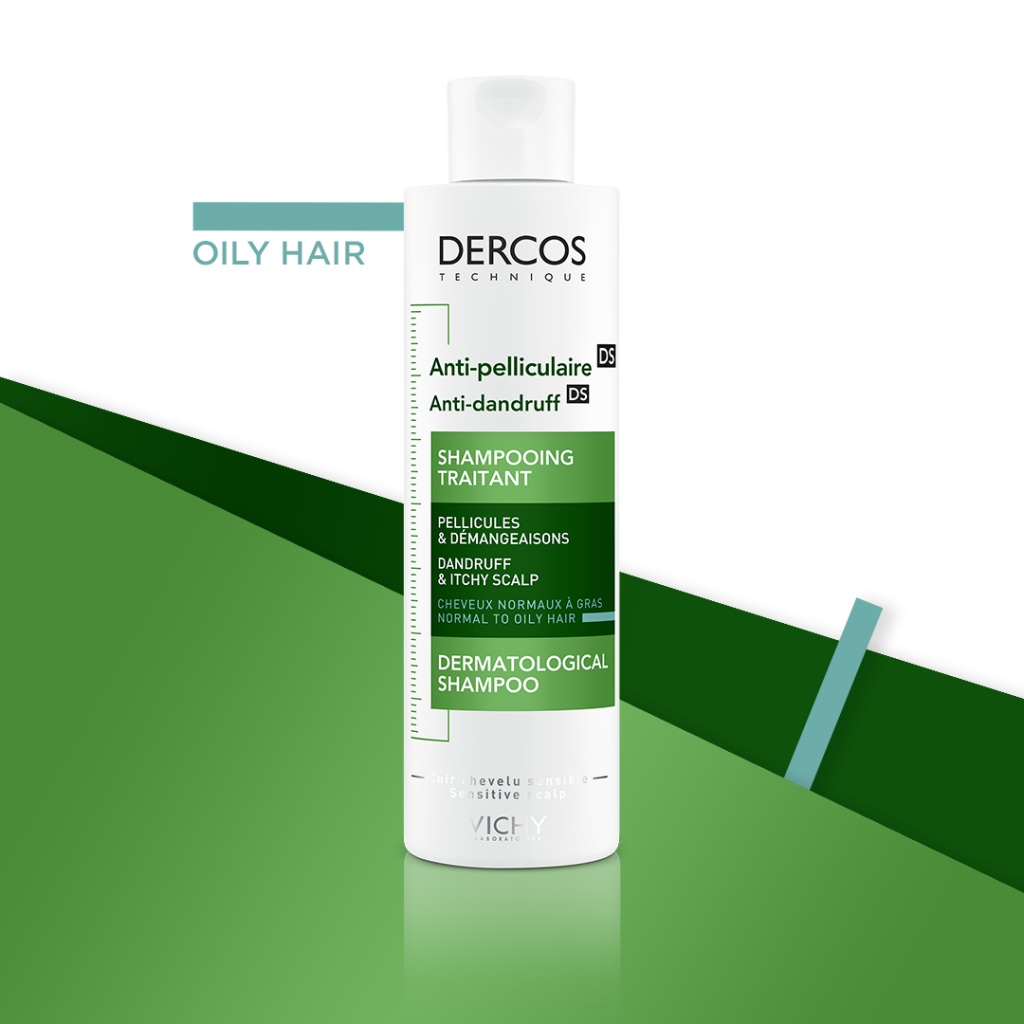What is dandruff?
Imagine turning up for your coffee date all bright and bushy-tailed, only to realise that there is white powder from your head on your favourite black t-shirt. While dandruff is innocuous and not contagious, it may be an embarassing and uncomfortable problem that is not always easy to get rid of.
Our scalp, similar to the skin on our faces, is composed of sweat glands and sebum (oil) glands, as well as an invisible ecosystem known as the microbiome. The microbiome, also found on the rest of the skin and guts, is composed of microorganisms that are generally beneficial in maintaining your scalp health in check.
When there is an imbalance between these systems, the skin of the scalp may become irritated and more prone to oiliness and dandruff. Skin cells in this area can start to grow and get shed faster than usual. This is commonly caused by a naturally-occurring yeast-like fungus called malassezia.
You may have noticed that dandruff tends to appear at certain times of the year, or when you’re stressed or unwell. Indeed, dandruff may be triggered by cold and dry conditions, use of certain products, as well as some prescription medications.
Different types of dandruff
When choosing a product to treat your dandruff, you need to know what kind of dandruff you have.
1. Fungal growth. This is caused by imbalance of the condition of the scalp, poor hygiene, or reaction to a product.
2. Dry scalp. If you see powder that has brushed off on your clothes, eyebrows, or beard then you have a dry scalp. The skin on your head may feel tight. This is sometimes brought on by hair treatments such as dyes.
3. Oily Scalp. If on the other hand you notice flakes or scales stuck to your hair then your scalp is oily. These flakes are difficult to remove even when shampooing. Oily dandruff can also occur from product build-up or improper hygiene.
Those suffering with a condition known as seborrheic dermatitis may also have itchy and irritating dandruff on other parts of their body, such as the eyebrows, ears, or elbows.
Products for a dandruff-free healthy scalp
How can we treat dandruff? Controlling dandruff may require ongoing care for the most stubborn cases, or periodic care for occasional flare-ups.
Vichy Dercos Anti-Dandruff Shampoo for Dry Hair helps eliminate 100% visible flakes and clinically proven 6 weeks anti-relapse action.
Oily dandruff is best treated with Vichy Dercos Anti-Dandruff Shampoo for Oily Hair. Both shampoos are suitable for sensitive scalp.
These over-the-counter products should be used 2-3 times a week as a 4 week treatment. The product should be left to act for 2 minutes prior to rinsing off during the first use. For maintenance treatment, the product is recommended to be used once weekly or as needed. This shampoo is gentle enough even for daily use.
How often should you wash your hair?
Our hair and scalp get dirty because the skin on the scalp produces sebum and impurities gather from our environment and through product use. While it’s essential to clean these away to avoid infection or irritation, too much washing can damage the hair and scalp, disturbing the microbiome that exists in this area.
We are all different, and the frequency of washing your hair will depend on your scalp and hair type. Those with dry or damaged hair have less oily build-up on the scalp. In this case, washing the hair twice a week is sufficient. Those with oily hair experience an over-production of sebum on the scalp. This type of hair needs to be cleaned several times a week; some will need to wash their hair every other day.
It’s interesting to note that the sebum produced on the scalp takes longer to travel down the hair from the follicle in curly hair. And so, while the curls may be normal or dry in condition, the scalp still gets oily. This type of hair needs to be washed twice or three times each week.
It is not possible to avoid getting dandruff altogether. With proper hygiene practices, the right frequency of washing for our hair type, and the use of anti-dandruff products, we can stop dandruff from being a big problem.

Sources:
How often should you wash your hair? (n.d.). Vichy. Retrieved September 30, 2021, from https://www.vichy.co.uk/en_GB/how-often-should-you-wash-your-hair.html
Dry scalp, oily hair? Secrets to maintaining a healthy scalp | Vichy UK. (n.d.). Vichy. Retrieved September 30, 2021, from https://www.vichy.co.uk/en_GB/dry-scalp-oily-hair-the+secrets-to-maintaining-a-healthy-scalp.html



